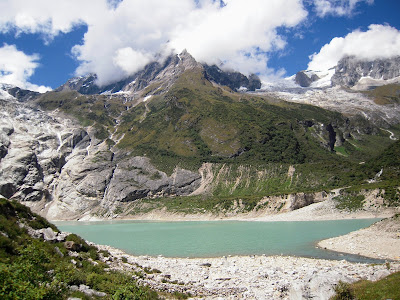Posts
Nepalese Notebook: September 20th, 2014
- Get link
- Other Apps
Nepalese Notebook: September 19th, 2014
- Get link
- Other Apps
Nepalese Notebook: September 17th, 2014
- Get link
- Other Apps
Nepalese Notebook: September 16th, 2014
- Get link
- Other Apps
Nepalese Notebook: September 15th, 2014
- Get link
- Other Apps




